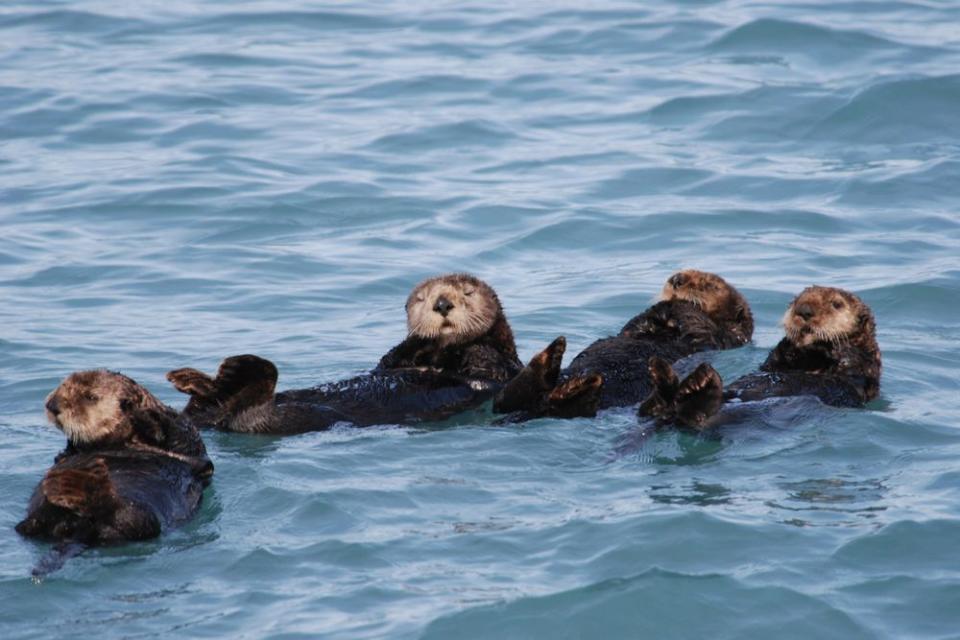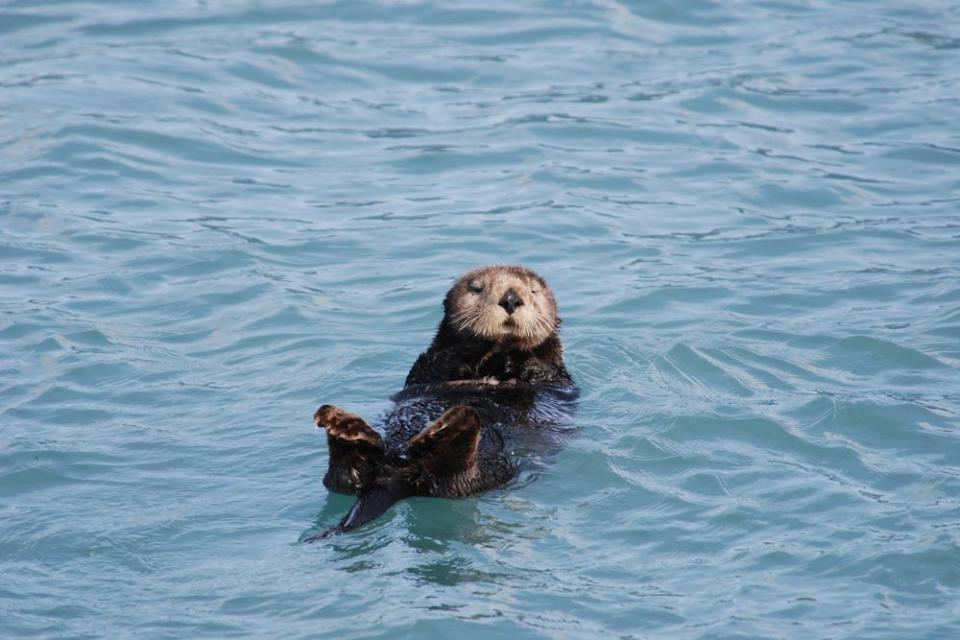Study Finds Climate Change Causing Fatal Virus to Spread to Marine Mammals Oceans Apart
Climate change has been connected to another dangerous shift in the world’s overall health, with scientists recently discovering the harsh impact rising global temperatures have on marine mammals.
After researchers began to notice a deadly virus appear among marine animals in both Europe and Alaska, they established a connection between the two areas: Arctic sea ice.
According to The Weather Channel, the appearance of Phocine distemper virus, or PDV, in the Pacific Ocean sparked a new study in the Scientific Reports journal, which aimed to track the virus from ocean to ocean.
After measuring 15 years of records and samples from 2,500 marine mammals, researchers came to the conclusion that climate change was the culprit for the traveling virus.
As the Earth’s temperatures rise, Arctic sea ice is melting, therefore causing a way for these mammals to migrate to new areas and spread the virus.

RELATED: Double the Flippers, Double the Fun: Two Rescue Seals Named After Scientists Released Together
“The loss of sea ice is leading marine wildlife to seek and forage in new habitats and removing that physical barrier, allowing for new pathways for them to move,” Tracey Goldstein, associate director of the One Health Institute at the UC Davis School of Veterinary Medicine, said in the report, per NBC News.
“As animals move and come in contact with other species, they carry opportunities to introduce and transmit new infectious disease, with potentially devastating impacts,” she added.

Since the ice no longer acts as a barrier, the animals are able to travel freely through the Arctic Circle from the Atlantic to the Pacific Ocean, TWC reported.
A major indicator of this was found from records in August 2002, when there was a record sea ice melt, CBS News reported. Shortly following this incident, there was a widespread outbreak of PDV in North Pacific Steller sea lions in 2003 and 2004 in which 30% of the animals tested positive for the virus.

RELATED: Leo DiCaprio’s Nat Geo Thriller Exposes How Quest for ‘Cocaine of the Sea’ Kills Rare Vaquita
“It was a perfect storm in 2002,” Goldstein added. “It was the lowest ice year on record at the time, and at the same time, in August and September, there was a really large outbreak.”
The virus is not believed to be transmittable to humans, according to NBC News, and is part of the measles family. In marine mammals, one symptom of the disease can manifest itself in erratic swimming.
“As sea ice continues its melting trend, the opportunities for this virus and other pathogens to cross between North Atlantic and North Pacific marine mammals may become more common,” Elizabeth VanWormer, another author of the report, added.


